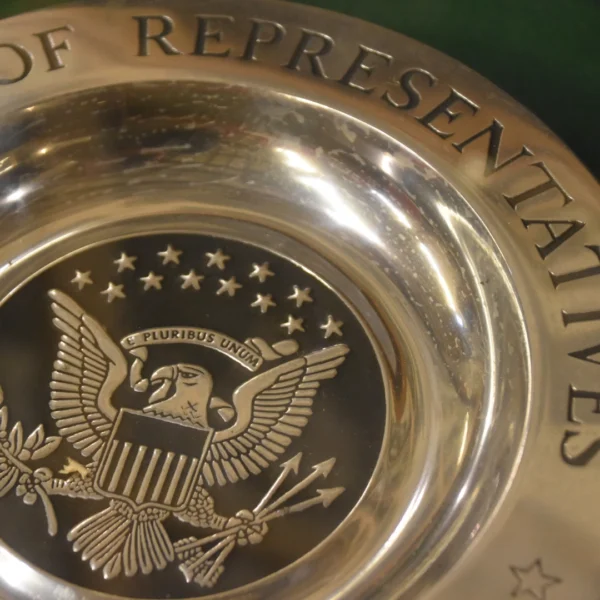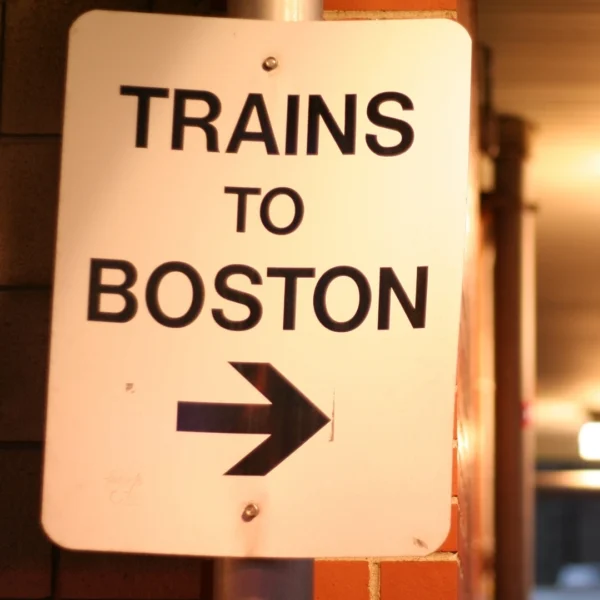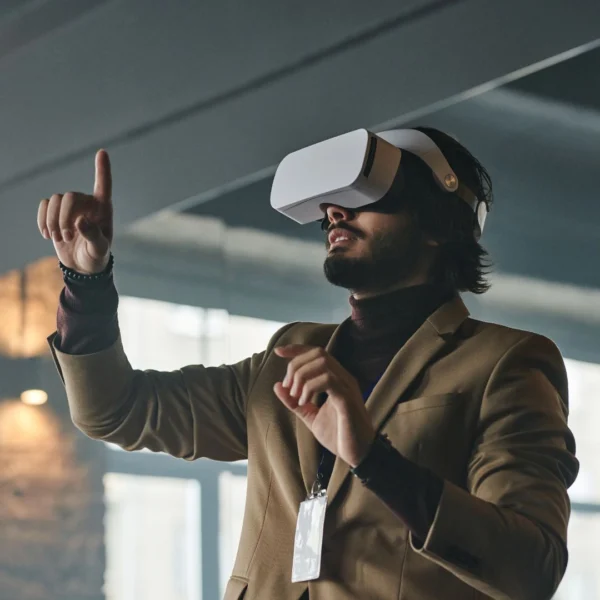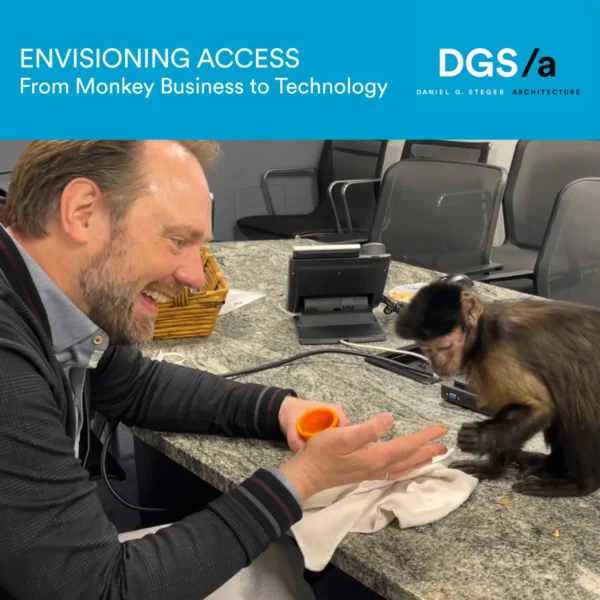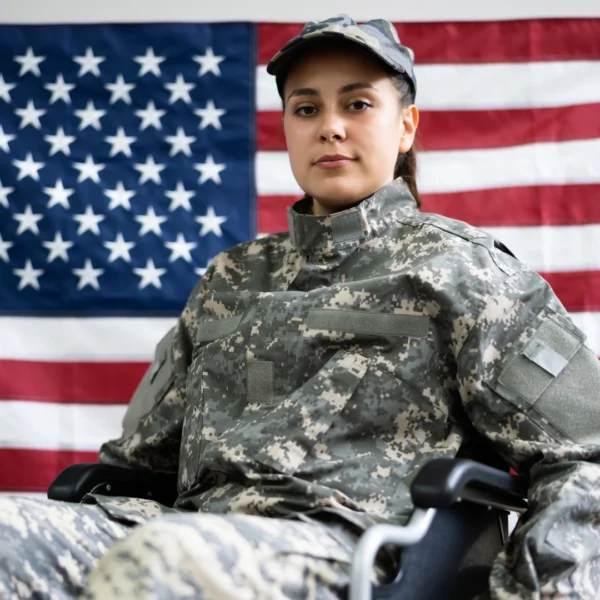
Wounds of War: The Growing Need for Disability Technology in the Veteran Community
Each time the United States engages in a new war or combat situation, a new generation of wounded veterans returns home—many with complex and permanent disabilities. While advances in battlefield medicine are increasing survival rates, they have also resulted in a growing population of veterans with amputations, spinal injuries, traumatic brain injuries, and other lasting impairments. These visible and invisible wounds require long-term, adaptive solutions.



